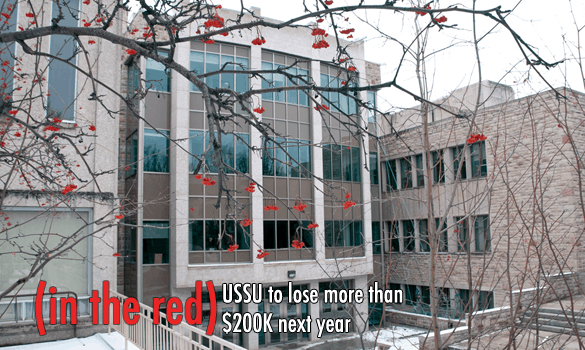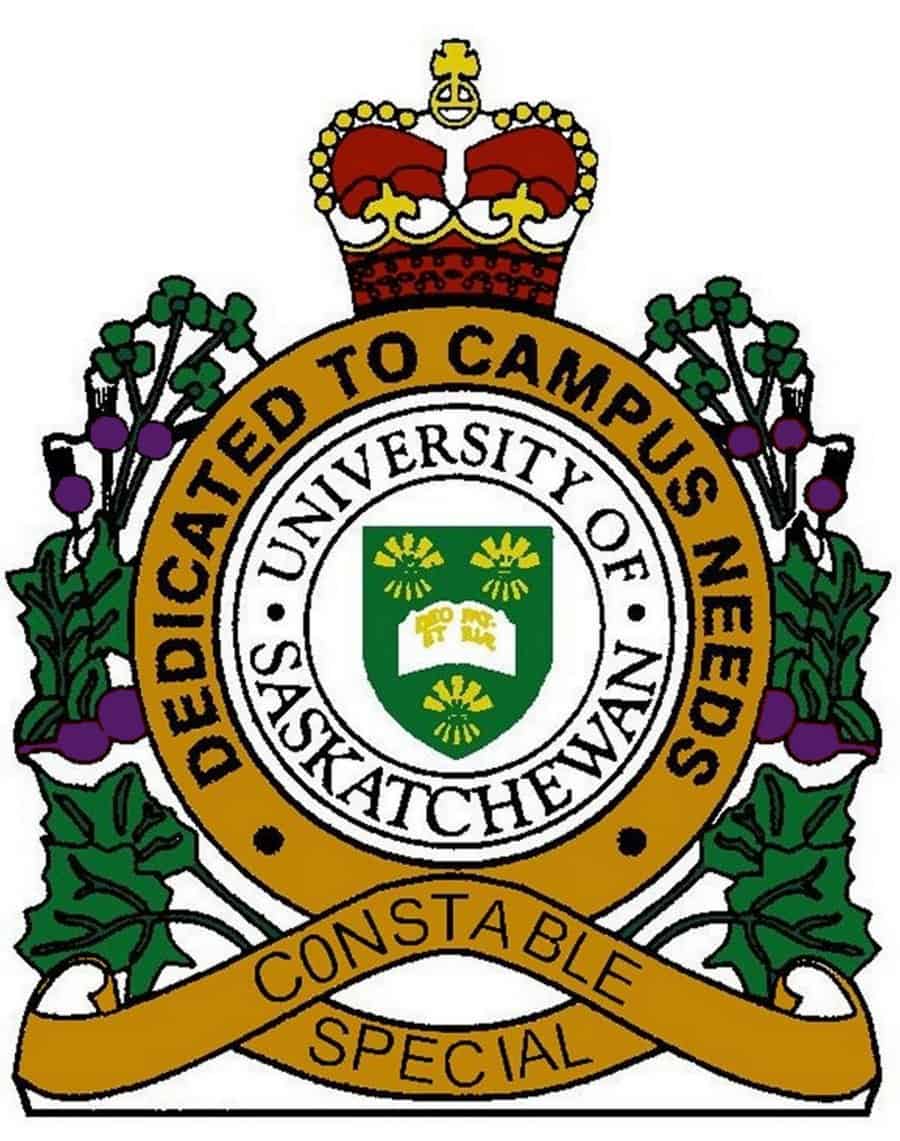THE UNIVERSITY OF SASKATCHEWAN’S MAIN CAMPUS IS SITUATED ON TREATY 6 TERRITORY AND THE HOMELAND OF THE MÉTIS.
THE UNIVERSITY OF SASKATCHEWAN’S MAIN CAMPUS IS SITUATED ON TREATY 6 TERRITORY AND THE HOMELAND OF THE MÉTIS.

By Canadian University Press March 25, 2012
Over 200,000 people took to the streets of Montreal on March 22 to protest tuition increases, many of whom were students from universities across Quebec.
The Concordia University delegation, which led the way for the better part of the three-hour event, congregated near the Hall building around 12 p.m. Over 500 students then began to proceed down Ste-Catherine Street lead by Concordia Student Union vice-president external Chad Walcott and president Lex Gill.

By Bryn Becker March 23, 2012
The USSU held a candidates debates yesterday at Louis’ and the Sheaf was there to document the whole event. Every candidate came out with enthusisasm and they each made a solid impression on the packed crowd of rowdy pub-goers. Check out a few photos below and then head over to our Flickr stream for the full gallery.

By Tannara Yelland March 23, 2012
For students who spend all day on campus, the choice of what to eat sometimes comes down to either a cheeseburger or a bag of chips. But some people traversing the Arts Tunnel this month may have noticed a new option: fresh produce.

By The Sheaf March 21, 2012
Place Riel businesses are starting to pay off for the University of Saskatchewan Students’ Union, but many of the organization’s own services keep losing money, according to the recently proposed 2012-13 budget.
Overall, the union is projected to lose more than $200,000 in the upcoming academic year. That compares to a loss of $442,845 in 2011-12 and a loss of $278,736 in 2010-11. The last time the USSU did not fall short of breaking even was in 2009-10.

By The Sheaf March 21, 2012
Once again, students are being invited to take an interest in campus politics and vote on next year’s University of Saskatchewan Students’ Union. Voting will open on Wednesday, March 28 and remain open until March 29 at 4 p.m.
Unlike many previous years, almost all of the executive positions are contested: there are three people running for president, and the only position that is uncontested is vice-president student affairs, for which Alex Werenka is running. To acquaint readers with each candidate, the Sheaf asked all eight of the people running this year to explain why students should vote for them.

By Canadian University Press March 16, 2012
Who called who first? And why didn’t they call back?
Lately, the relationship between the student lobby and the Quebec provincial government sounds like a dating relationship gone sour, as both sides failed to meet in the last few months for consultations leading up to the budget, each blaming the other.

By Daryl Hofmann March 16, 2012
Not even the Big Bad Wolf has the lungs to topple this straw house.
Bert Weichel, a University of Saskatchewan geography and environmental studies lecturer, has built himself a home just south-west of Saskatoon using straw bale construction. He says humans have been using straw structures for centuries, and that it is a cheap and eco-friendly alternative to conventional building materials.

By Daryl Hofmann March 15, 2012
Over the past two days Campus Safety participated in a province-wide crackdown on dangerous driving billed as March Madness.